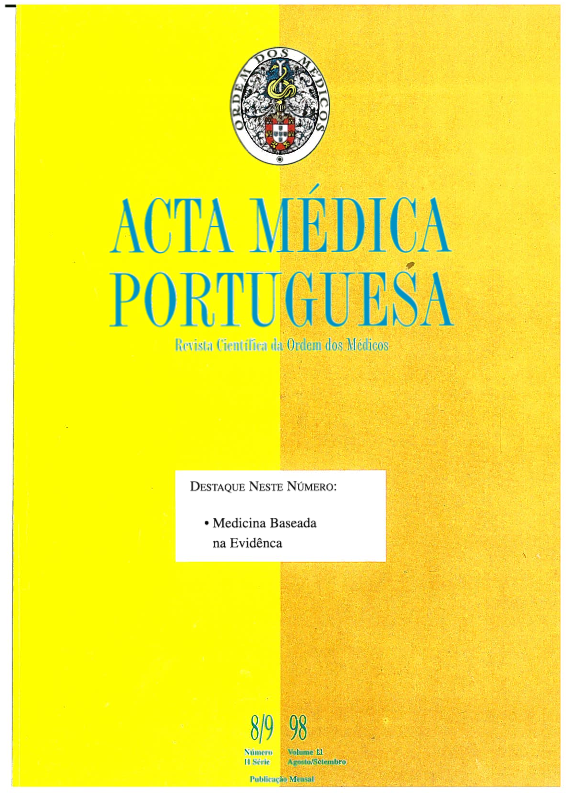Therapeutic recommendations. Secondary prevention of cerebral vascular accident.
DOI:
https://doi.org/10.20344/amp.2311Abstract
The guidelines for secondary stroke prevention, graded following available scientific evidence, are presented. Stroke and TIA are defined and the indications for referral established. Basic assessment of stroke patients should include laboratory evaluation, ECG, brain CT, ultrasound examination of the extracranial vessels for events in the carotid distribution, and transthoracic or transesophageal echocardiogram if cardioembolism is suspected. The pharmacological and non-pharmacological reduction of blood pressure and serum cholesterol, stopping smoking and reducing alcohol intake are general measures recommended for secondary stroke prevention, together with healthier life-style changes (eating a Mediterranean type diet and performing regular moderate physical exercise). Concerning antithrombotic therapy, oral anticoagulants are recommended for patients with atrial fibrillation and other high to medium emboligenic cardiac risk conditions. Antiplatelet drugs are recommended for all other survivors of an ischemic cerebral event. Aspirin (75-325 mg/day) is the drug of choice. Alternative antiplatelet agents are clopidrogrel, ticlopidine, dipiridamol or triflusal. They can be used in patients with intolerance or contraindication to aspirin or in high-risk subjects. Endarterectomy of the symptomatic carotid is an additional procedure recommended for patients with ischemic stroke or TIA and carotid stenosis > 80% on the side of the symptomatic cerebral hemisphere.Downloads
Downloads
How to Cite
Issue
Section
License
All the articles published in the AMP are open access and comply with the requirements of funding agencies or academic institutions. The AMP is governed by the terms of the Creative Commons ‘Attribution – Non-Commercial Use - (CC-BY-NC)’ license, regarding the use by third parties.
It is the author’s responsibility to obtain approval for the reproduction of figures, tables, etc. from other publications.
Upon acceptance of an article for publication, the authors will be asked to complete the ICMJE “Copyright Liability and Copyright Sharing Statement “(http://www.actamedicaportuguesa.com/info/AMP-NormasPublicacao.pdf) and the “Declaration of Potential Conflicts of Interest” (http:// www.icmje.org/conflicts-of-interest). An e-mail will be sent to the corresponding author to acknowledge receipt of the manuscript.
After publication, the authors are authorised to make their articles available in repositories of their institutions of origin, as long as they always mention where they were published and according to the Creative Commons license.









